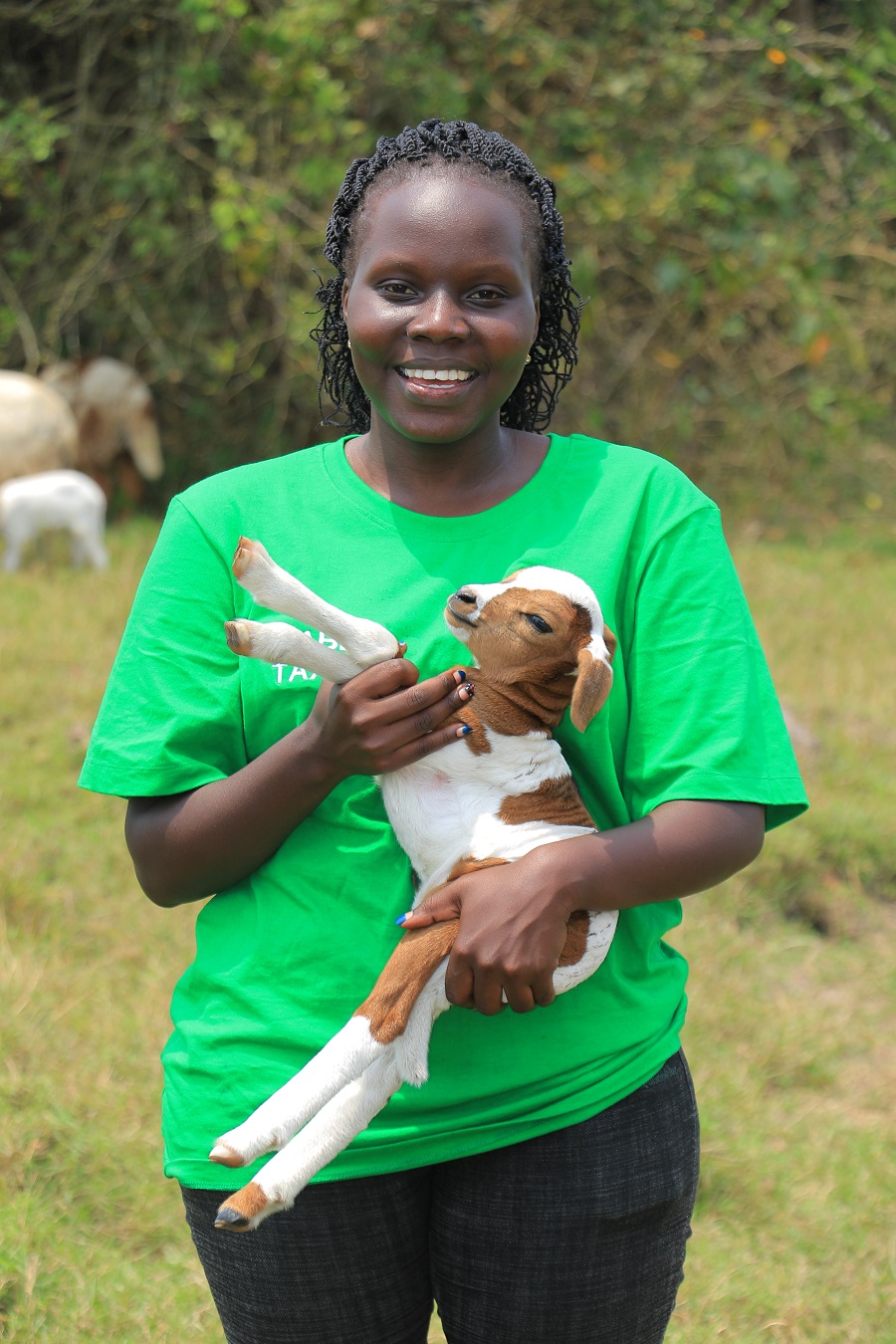
Budding youth-led enterprises often find it challenging to raise capital.
In many cases, such enterprises begin with personal savings or financial support from families and acquaintances, which may not sufficiently cater to the business plan. In other cases, the youth may form a cluster and combine their financial strengths to build the enterprise.
To bridge this gap, the Youth-in Agribusiness compact of Technologies for African Agricultural Transformation (TAAT), as part of its commitment to stimulating youth-led agribusiness enterprises along agricultural commodity value chains, partnered with Equity Bank, Uganda, to support new and growing enterprises of beneficiary youth in the entire region of East Africa.
Led by the International Institute of Tropical Agriculture (IITA), the compact, also known as ENABLE-TAAT (Empowering Novel Agribusiness-led Employment), provides capacity building and technical assistance for the establishment and expansion of youth-led agribusiness enterprises along TAAT value chains such as high iron beans, cassava, fish, maize, small livestock, rice and orange-fleshed sweet potato.
Facilitating youth access to credit through partnerships
In Uganda, about 200 trained youth are already benefiting from ENABLE-TAAT’s partnership with Equity Bank. They are receiving loan packages to start or expand their businesses. This comes as a relief to them because their passion for their agribusiness career can now materialise.
The ENABLE TAAT team in Uganda is working to secure partnerships with other banks and development organisations with special offers for agribusiness development among youth.
This momentum is being sustained in Kenya and Tanzania, where Equity Bank has agreed to fund trained youth upon reviewing their business plans. While the funding process is ongoing, ENABLE-TAAT will continue to provide backstopping to the youth for effective use of funds.
According to Noel Mulinganya, ENABLE-TAAT Compact Leader, “We are establishing a sustainable structure which will facilitate access to capital for African youth immediately after training, thereby increasing the number of youth-led enterprises in the continent with success rate.”
By Omodolapo Ogunsola

